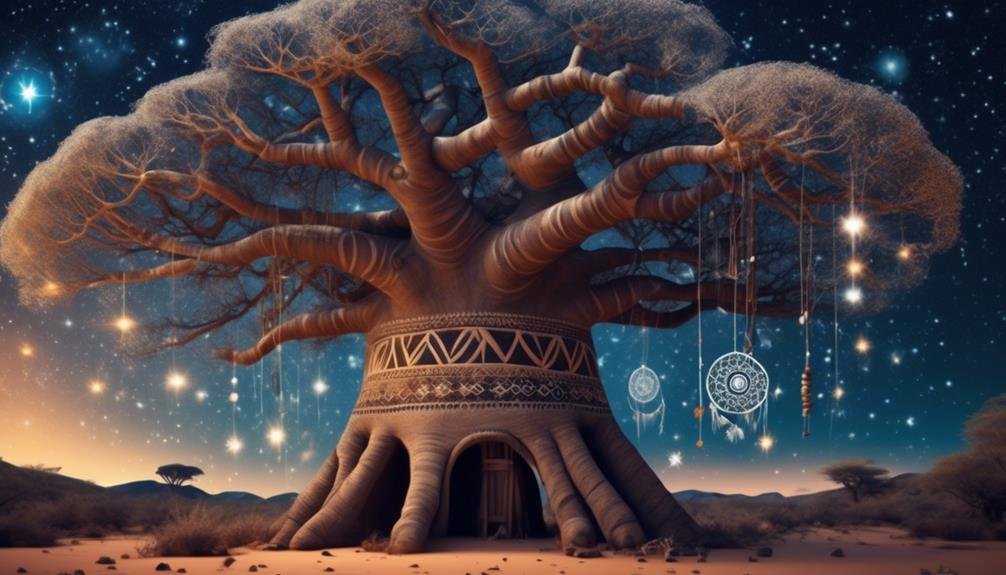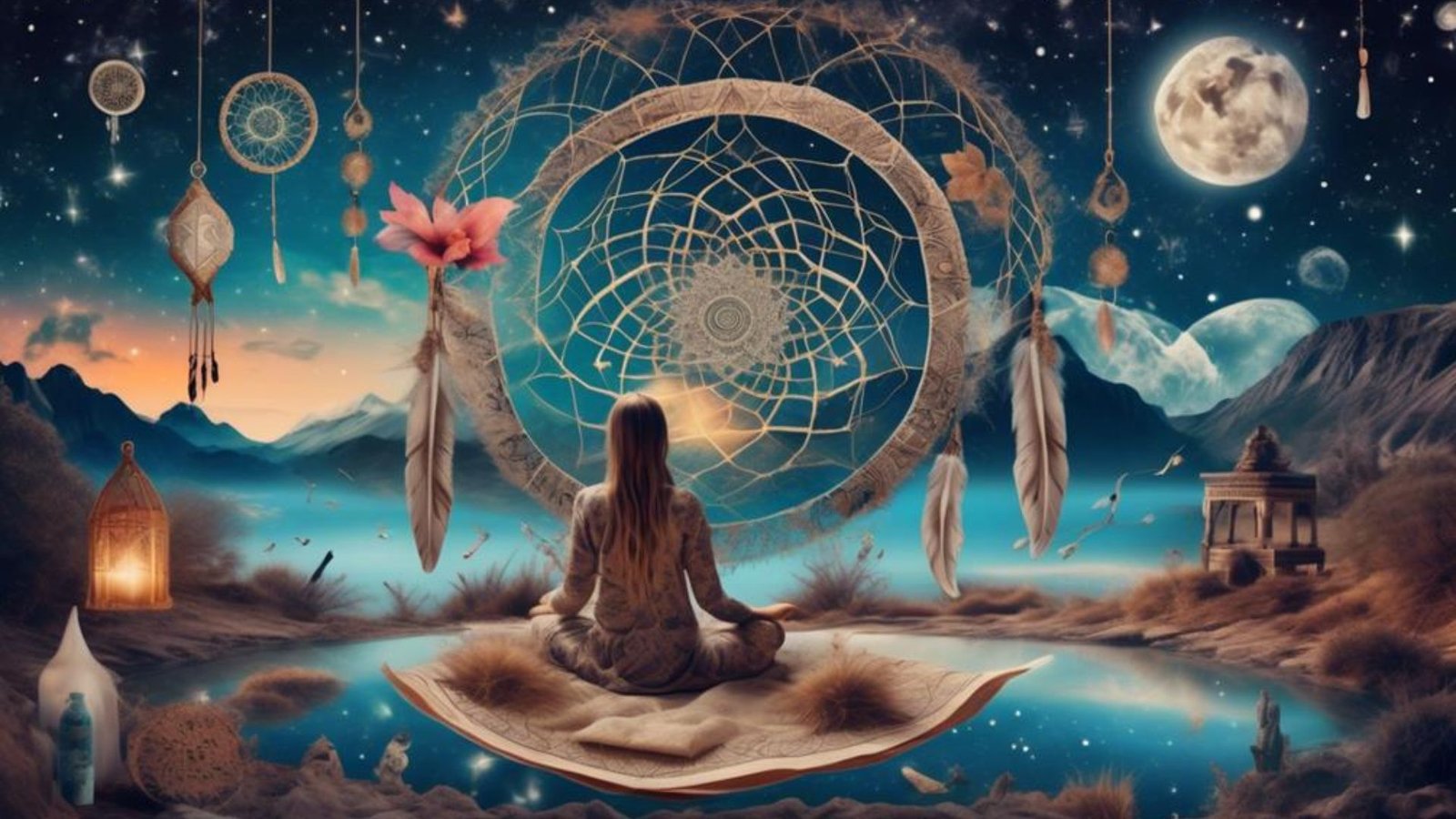Cultural perspectives on dreams provide fascinating insights into how different societies interpret the meaning and significance of dreams. Across various cultures, dreams have been viewed as omens, messages from the divine, or reflections of our inner selves. By exploring these diverse perspectives, we can gain a deeper understanding of the role dreams play in human experience. In this article, we will delve into some of the best cultural perspectives on dreams.
Indigenous Cultures
Many indigenous cultures view dreams as a vital means of communication with the spirit world. For example, among Native American tribes, dreams are often seen as a source of guidance and wisdom. The Lakota Sioux, in particular, believe that dreams can reveal important truths about one’s path in life. They often engage in rituals such as vision quests to seek clarity through their dreams. This perspective emphasizes the sacred nature of dreams and their ability to provide insights beyond ordinary waking life.

Ancient Civilizations
In ancient civilizations, dreams were frequently interpreted as messages from the gods or prophecies. The Egyptians, for instance, documented their dreams in texts like the “Dream Book,” which contained interpretations based on dream symbols. They believed that dreams could foreshadow future events or offer guidance on important decisions. Similarly, in ancient Greece, dreams were regarded as divine messages. The Greeks often sought counsel from oracles, interpreting dreams as signs from the gods that required careful analysis.
Eastern Philosophies
Eastern cultures, particularly in China and India, have rich traditions regarding dreams that intertwine with their spiritual beliefs. In Buddhism, dreams are viewed as illusions that reflect the mind’s state. Practitioners often use dream analysis as a means to explore the nature of reality and achieve enlightenment. Meanwhile, in traditional Chinese culture, dreams are often linked to health and well-being. The Chinese believe that dreams can indicate imbalances in the body and can be interpreted to improve one’s physical and emotional state. This perspective highlights the interconnectedness of dreams and holistic health.
Modern Psychological Views
In contemporary society, cultural perspectives on dreams have also been shaped by psychological theories. Sigmund Freud famously posited that dreams are expressions of repressed desires and unconscious thoughts. His work paved the way for dream analysis as a therapeutic tool. Carl Jung expanded on this by suggesting that dreams contain archetypal symbols and themes that reflect universal human experiences. This psychological approach encourages individuals to explore their dreams as a pathway to self-discovery and personal growth, connecting deeply with the cultural significance of dreams.
African Traditions
In various African cultures, dreams are often viewed as a means of connecting with ancestors and receiving guidance from the spiritual realm. The Yoruba people of Nigeria, for instance, believe that dreams can reveal messages from deceased loved ones or provide insights into communal matters. Dream interpretation often involves consulting elders or spiritual leaders who can offer wisdom regarding the dream’s significance. This cultural perspective underscores the importance of community and ancestry in understanding dreams.
Conclusion
Cultural perspectives on dreams reveal a rich tapestry of beliefs and interpretations that highlight the significance of dreams across human experience. From indigenous beliefs that see dreams as sacred messages to ancient civilizations that viewed them as prophecies, each culture offers unique insights into the role of dreams in our lives. By appreciating these diverse perspectives, we can gain a deeper understanding of our own dreams and their meanings, enriching our journey of self-exploration and connection to the world around us.




